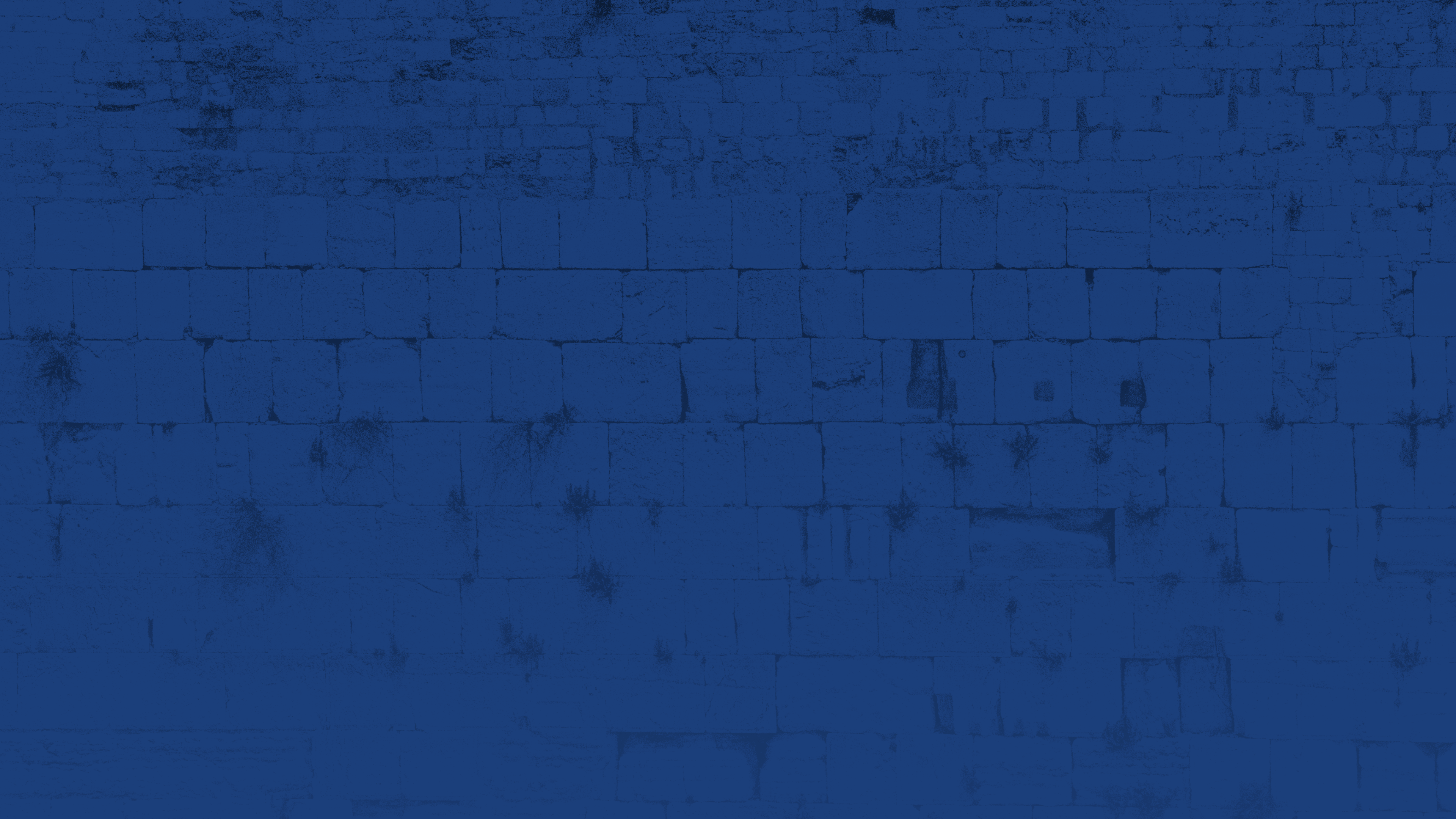The Federation of Jewish Communities serves as an umbrella organization for Jewish Communities and other Jewish institutions in the country. We are proud and valuable member of World Jewish Congress and European Jewish Congress. In April WJC elections we are running for position in the Executive Committee of WJC representing Member Communities.
Currently there are ten official Jewish Communities in Bohemia and Moravia with approximately 3,000 registered members of which 1,500 reside in Prague. However, it is estimated that the Czech Jewish Community at large consist of more than 15. 000 people of whom the majority is not affiliated with any Jewish institution.
The Czech Republic remains a committed and convinced friend of Israel; the Czech foreign policy has a long tradition in this respect, only recently the Czech Parliament, as the only one in the world, adopted a declaration condemning the EU recommendation for labelling Israeli products and another declaration rejecting the UNESCO statement on Jerusalem.
History in short
Jews have lived in the territory of the today’s Czech Republic for more than 1.000 years. The Old-New Synagogue was built around 1270 and is the oldest functioning synagogue of Europe. Important was the school of Rabbi Jehuda Löw ben Bezalel, the famous “Maharal mi Prag”, one of the greatest figures in Judaic and Cabalistic sciences who appear in many legends including the one of the Golem. He is buries in the Old Jewish Cemetery in Prague together with other famous rabbis and other Jewish personalities.
Tomáš Garrigue Masaryk the first President of Czechoslovakia since its creation in 1918 distinguished himself in early times of his professional career as philosophy professor during the so called Hilsner trial, defending the accused Jew. Masaryk was also the first President of a State to visit Jewish settlements in Palestine. During the existence of the so called First Czechoslovak Republic (1918 - 1938) the Jews enjoyed unprecedented freedom, equality and safety. Czechoslovakia’s Jewish population numbered 350.000 by 1930 of which 120.000 lived in Bohemia and Moravia.
The Holocaust meant for Czech Jewry an absolute disaster. Only about 30.000 Jews, not all of them originally from Bohemia and Moravia, started to recreate Jewish life. Another challenge came when Communists took power in February 1948. At first the regime did support Jewish Communities and especially Israel, Czechoslovakia was among the first to recognize Israel and the only state which shipped arms and trained its military personnel during the War of Independence. This, however, changed in the 50ies and since then – with exception of Prague Spring in 1968 – was hostile to Jews and all their causes. It was the Velvet revolution in November 1989 which brought freedom to Czech society and it’s Jewish Community.
Today
Czech Jewish Communities devote their time and capacity to many projects for the benefit of their members. There is in Prague Jewish school and kindergarten and as a priority the Federation is supporting various programs for students and Youth, Limmud Czech Republic We have well-tuned social and health-care programs for seniors, some of them Shoah survivors. Quite substantial volume of time and capacity of the Federation is devoted to reconstruction and maintenance of Jewish sites. The project 10 Stars (www.10hvezd.cz) is considered one of the best world-wide.
President of Federation of Jewish Communities in the Czech Republic Petr Papoušek was born in Olomouc, Czech Republic in 1977. During his university studies at the Faculty of Economics he spent one academic year at The Hebrew University of Jerusalem in Israel. After graduating M.A. in the fields of macroeconomics he was accepted in Stockholm at the European Institute for Jewish Studies - Paideia. Since 2004 he works for Jewish Community in Olomouc and is elected as President.
From 2012 he serves as President of the Federation of Jewish Communities in the Czech Republic, reelected in 2016. He is vice president of World Jewish Congress - Executive Board representing small Jewish communities (reelected April 2017) and member of European Jewish Congress executive board.
He is married with two children.


